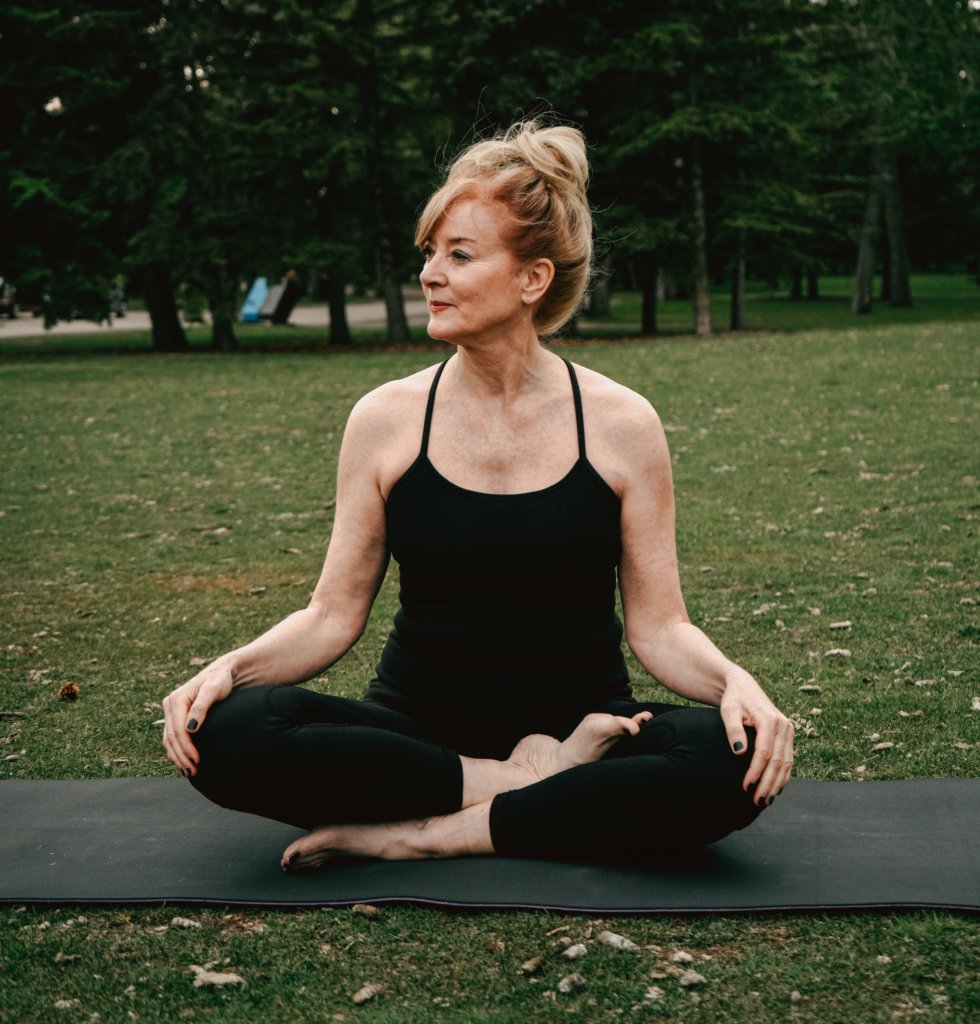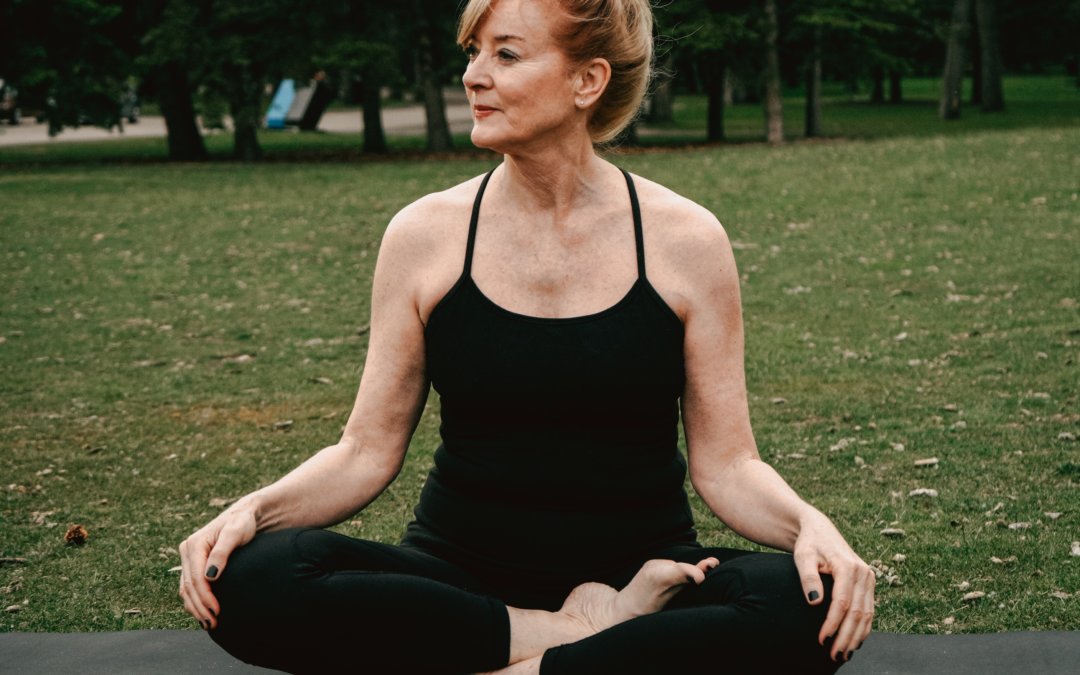
More and more, research stresses the link between an active body and a healthy mind. Especially for those of older age, exercise is an excellent way to manage your emotional state. While reduced mobility may make the task of regular exercise seem daunting, there are many ways you can introduce gentle activity to your life which can be transformative for your mental health.
Exercise not only has the power to regulate your mood but can also improve your quality of sleep, increase your appetite, boost your memory, and facilitate social activities that counteract loneliness.
Get a FREE Brochure
Simply complete our form to see a full range of bathing solutions & their key features. It takes no time at all!
In fact, exercise is as beneficial for the mind as any drug is, therapy or alternative medicine; even alleviating symptoms of depression. A few years ago, colleagues from Duke University compared the antidepressant effects of exercise to antidepressant medication. They found that after just four months roughly 40 per cent of the subjects no longer suffered depressed.
Wondering how exercise can help to balance your emotional state? We’ll be exploring the benefits you can expect to see from exercise, as well as outlining the types of activity you can do if you find the idea of exercise particularly intimidating.
What benefits could you expect to see?
- Improved Sleep Quality
The way you feel while you’re awake is greatly impacted by the quality of your sleep. During the night, your body works to regulate stress and support healthy brain function. Regular activity can help you fall asleep more quickly, sleep more deeply and feel more energetic upon waking. Simply walking as little as 10 minutes a day can dramatically improve the quality of your sleep.
- Boosts In Your Mood
When you exercise, your body releases chemicals in the body called endorphins and serotonin. Endorphins are the body’s natural painkillers and trigger feelings of euphoria, similar to morphine. As well as boosting your mood, endorphins also reduce feelings of sadness, depression, anxiety, and can increase your self-esteem.
Serotonin is sometimes referred to as the ‘happy chemical’ because it contributes to wellbeing and serves several different functions within the body including regulating your mood. When your serotonin levels are healthy, you will feel more focused and more emotionally stable.
- Sharper memory and thinking
While activities like Sudoku and crossword puzzles can help keep your brain sharp, the effects of exercise far outweigh any kind of mental activity you could do. It’s the same endorphins that make you feel euphoric after exercise that will help you concentrate on the tasks at hand. Exercise also stimulates the growth of new brain cells which in turn helps to prevent memory loss, age-related decline and the progression of brain disorders such as Alzheimer’s disease or dementia.
Where to start?
If the idea of exercising feels too intimidating, start slow, making small changes to your daily routine. You don’t have to go to the gym or force yourself to go through long monotonous workout routines to make exercise a part of your everyday life. Any activity that gets you moving counts, and the more you move the more energy you’ll have over time. Even just a few minutes of physical activity a day is better than nothing at all and can be counted towards the 150 minutes of exercise per week recommended for the average adult. Anything that makes you breathe a little heavier than normal counts. Try adding these simple activities into your weekly routine:
In the home:
- Clean the house
- Wash the car
- Tend to the garden
- Mow the lawn
- Gently stretch while watching television
While relaxing:
- Watch a favourite movie or TV show while on the treadmill
- Listen to an audiobook or music as you lift weights
- Work out to an exercise video
At work and on the go:
- Go to the park with a dog and throw a frisbee
- If you don’t own a dog, offer to take a neighbour’s dog for a walk or volunteer at a pet shelter
- Rather than sitting with a friend to catch up, go for a walk together
- Instead of driving, bike or walk to an appointment
- Use the stairs rather than elevators
- Get off one stop early and walk to your destination when using the bus
- Park at the back of the car park when you go food shopping
- While at work, go for a brisk walk during your coffee break or lunch
Suffering from joint pain or mobility restrictions?
There are many activities you can do if you struggle with joint pain or mobility issues, like opting for low-impact exercises. Strong social support is also important for mental-wellbeing so why not look at joining a group exercise class designed specifically for seniors. Group classes are designed to be accommodating for newcomers and people who don’t enjoy working out on their own.
- Water aerobics
Working out in water reduces stress and strain on the body’s joints. Many fitness centres offer these kinds of classes to assist those that suffer with joint pain. If you want to add more exercise to your routine, go for a gentle swim once or twice a week and you’ll soon build up more resilience and get those endorphins flowing.
- Yoga
Yoga can be adapted to any level, you don’t need to have great flexibility to take part. Yoga teachers are trained to assist even the most restricted exercisers, offering a variety of poses that can be carried out while sitting in a chair rather than on the floor. Combining a series of poses with breathing will help you find ease within your body. Yoga never works against your body’s own capabilities, quite the opposite. You will be encouraged to move gently and slowly, giving your body the chance to find a little more space each time you practice.
- Tai Chi and Qi Gong.
Martial arts-inspired movement classes will help you to increase your balance and strength and are ideal for seniors. Classes for seniors are often available at local community centres.
Now that we’ve explored the emotional benefits of exercise, we’ve discovered that even a brisk 10-minute walk, or opting for the stairs rather than the escalator, can improve your wellbeing. It’s important to do what makes you feel good, to go at your own pace, and find activities that you enjoy.






